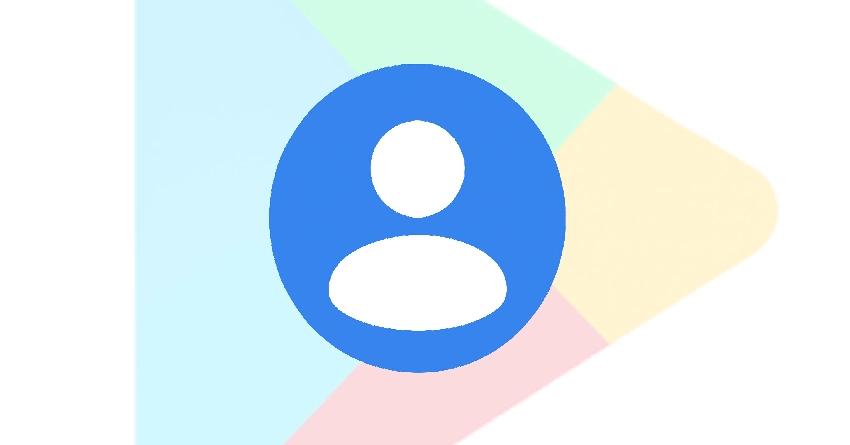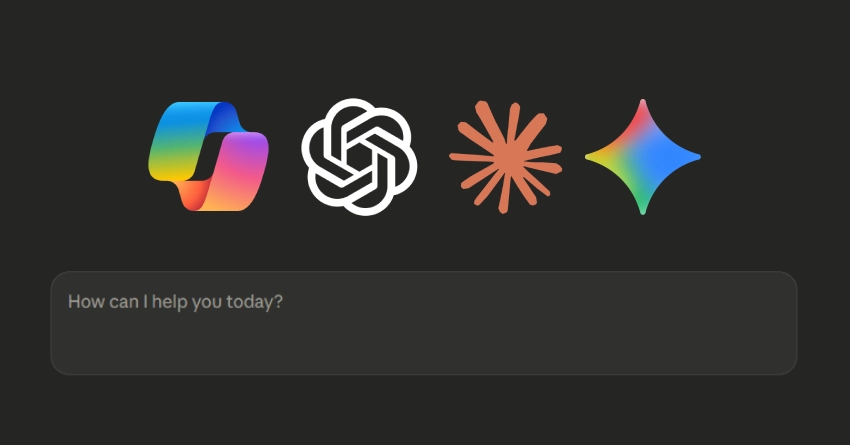For years, Google Play Games has been an overlooked corner of the Android ecosystem. Many Android users have it installed on their devices without ever really opening it, while some dedicated gamers have used it primarily as a hub for achievements and cloud saves. But starting in late September 2025, Google is rolling out one of the most significant updates the platform has ever seen — one that could finally turn Play Games into a social hub rather than just a background service.
This transformation introduces new player profiles, detailed stats, and a more community-driven experience, resembling what PC gamers are already familiar with through platforms like Steam or Xbox Live. The update represents more than just a facelift; it’s a shift in how Google wants gaming to fit into the wider Android experience.
Mobile vs TV vs PC: Who Really Wins Video Viewing?A New Era for Player Profiles
The centerpiece of this update is the revamped player profile. Until now, Play Games profiles were relatively minimal, showing only a player’s name, avatar, and a few achievements. With the new system, profiles will expand dramatically. Gamers will now be able to showcase:
- Gameplay statistics (such as hours played, most-played titles, and milestones).
- Achievements and badges, making progress more visible.
- Customization options, allowing players to add personality to their profile.
This may not sound revolutionary at first glance, but the shift signals Google’s intent to make Google Play Games more engaging. Instead of simply being a background tracker of scores, the profile becomes a living identity that can represent a gamer’s style, dedication, and social presence.
When Will the Update Roll Out?
The rollout is scheduled to begin on September 23, 2025, for most regions worldwide. However, users in the European Union and the United Kingdom will see the changes slightly later, starting on October 1, 2025. According to Google, the staggered launch has to do with regional compliance and data privacy regulations, ensuring that the new system aligns with stricter EU rules.
Players won’t need to download a separate app to access the update. Instead, the changes will appear within the Google Play Store app itself, where the Play Games tab is being redesigned to highlight profiles and stats more prominently.
Why This Update Matters
For casual gamers, these updates may seem cosmetic. But in reality, they represent a strategic push by Google to keep players more engaged within its ecosystem. Android gaming has exploded over the past decade, with titles ranging from quick puzzle apps to full-fledged RPGs. Yet compared to console or PC platforms, Android has always lacked a strong social identity.
By making stats and profiles visible, Google is:
- Encouraging competition – Friendly rivalry between friends can motivate players to spend more time in games.
- Building community – Profiles allow players to connect and discover games through each other’s activity.
- Driving discovery – Highlighting what people play most often can indirectly promote games across social circles.
- Strengthening loyalty – A richer profile system gives players a reason to stay invested in Google’s ecosystem rather than drifting toward standalone services.
The Privacy Question
Any time a company rolls out a feature that makes user activity more visible, privacy concerns naturally arise. Google has preempted some of this pushback by clarifying how profiles will work:
- Existing public profiles will remain public unless users change their settings.
- Players will be able to adjust visibility, choosing whether stats and achievements are public, friends-only, or private.
- For those who don’t want a profile at all, there will be options to either delete the Play Games profile or, more drastically, delete the entire Google account.
This flexibility is crucial. For younger users or those who simply want to play privately, being forced into a public gaming identity could feel invasive. By allowing customization, Google is trying to balance social engagement with respect for user control.
Comparisons to Steam and Other Platforms
Gamers familiar with Steam, Xbox Live, or PlayStation Network will instantly recognize what Google is trying to do. On those platforms, profiles have long been central to the experience. Seeing friends’ achievements, comparing playtime, and celebrating milestones are all part of the fun.
The difference here is that Google’s audience is more diverse. Many Android gamers aren’t “hardcore” players — they might log into puzzle games for a few minutes a day or occasionally download popular titles like Genshin Impact. For them, profiles may serve less as a competitive badge of honor and more as a casual record of their gaming habits.
Still, the move signals that Google wants Android gaming to be taken more seriously, positioning it closer to traditional gaming ecosystems.
The Potential Downsides
While the update is promising, there are a few areas where it could stumble:
- Data overload – Not all players want their gaming habits quantified or displayed. If the settings are confusing, backlash could follow.
- Developer integration – The usefulness of stats will depend on how well individual game developers support them. If major titles don’t share meaningful data, the system may feel hollow.
- Ad targeting concerns – Some skeptics worry that enhanced gaming data could fuel more personalized advertising. Google insists the update is about user engagement, but the possibility lingers in the background.
Why Now?
The timing of this update is telling. Mobile gaming revenue continues to grow year after year, often outpacing PC and console markets combined. Meanwhile, Apple has been doubling down on its own Apple Arcade ecosystem, offering curated titles and subscription-based play. Google likely sees a more social and engaging Play Games hub as a way to differentiate Android gaming and give users a reason to stay loyal.
Additionally, with the rise of cloud gaming (including Google’s short-lived Stadia experiment), Google seems determined not to be left out of the gaming conversation. Even though Stadia failed, the lessons learned may now be fueling a more grounded, user-focused approach.



